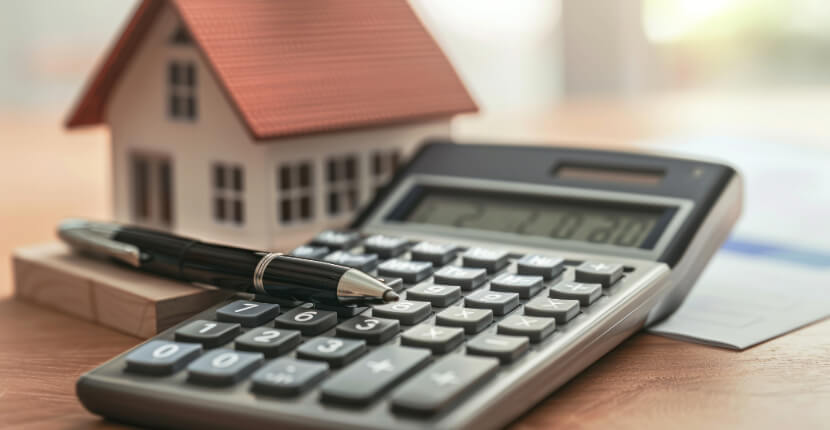Questions to Ask When Choosing a Landlord Accountant
Questions to Ask When Choosing a Landlord Accountant
Blog Article
How a Landlord Accountant Can Help You Optimize Your Finances
Handling hire properties can look frustrating for new landlords, but learning the fundamentals of sales helps it be easier. Knowledge landlord accountant will allow you to track money, lower problems, and produce tax period not as stressful. This manual breaks down the basics, offering you statistics, real-life ideas, and the fundamental measures you will need to know.
Why Appropriate Sales Matters for Landlords
About 70% of house owners state handling finances is their greatest challenge. Great recordkeeping does a lot more than keep you arranged; it can increase profitability and assure you follow local housing laws. By monitoring every transaction, you'll have better picture of one's property's efficiency, making decision-making simpler.

Tracking Revenue and Costs
The very first important step in landlord sales is splitting up particular and rental finances. Open another banking account limited to hire funds and expenditures. Taking every buck that is available in and out helps you see your true reunite on investment.
Popular Forms of Hire Income
Monthly rent from tenants
Late expenses
Puppy fees
Parking or storage fees
Normal Expenses to Record
Mortgage and fascination funds
Property fees
Insurance premiums
Maintenance and fixes
Tools (if paid by the landlord)
Home administration fees
For several landlords, using a simple spreadsheet operates at first. Just be sure to upgrade it regularly to prevent any shocks down the track.
Crucial Accounting Practices
Landlord accounting generally employs 1 of 2 strategies:
Income schedule sales files revenue and costs when money is obviously obtained or paid. Many small landlords start here since it's easy to manage.
Accrual foundation sales records revenue and expenses when they are earned or billed, even if number income has transformed hands. That provides a clearer financial image for anyone handling numerous properties.
Pick the strategy that fits your comfort level and house account size.
Tax Deductions and Compliance
Normal tax deductions for landlords include mortgage fascination, repairs, and depreciation. Missing these could mean overpaying taxes. Roughly 25% of little landlords miss out on deductions because their records are incomplete.
Remain forward by checking bills and keeping electronic or physical copies. And recall, tax principles may possibly change depending on wherever your home is, therefore review local recommendations or consult with a professional.
Getting Began with Accounting Pc software
Tendencies display around 50% of landlords use application resources to help with bookkeeping. Modern sales computer software automates several monotonous tasks, like planning bills, creating studies, and checking late payments. If you are just beginning, free or low-cost tools offer templates to accelerate your process.
Take Get a grip on of Your Hire Finances
Whilst a starter, a couple of wise behaviors may streamline your landlord accounting. Set aside time monthly to examine your finances. Use these periods to test for lacking receipts, unpaid rents, or mistakes. With the right foundation, you'll get confidence, raise your rental revenue, and get ready for duty time.
Learning sales basics not just saves income but in addition safeguards your expense for the long term. Focus on organized documents, regular methods, and a focus on continuous development, and you will end up on course for effective property management. Report this page